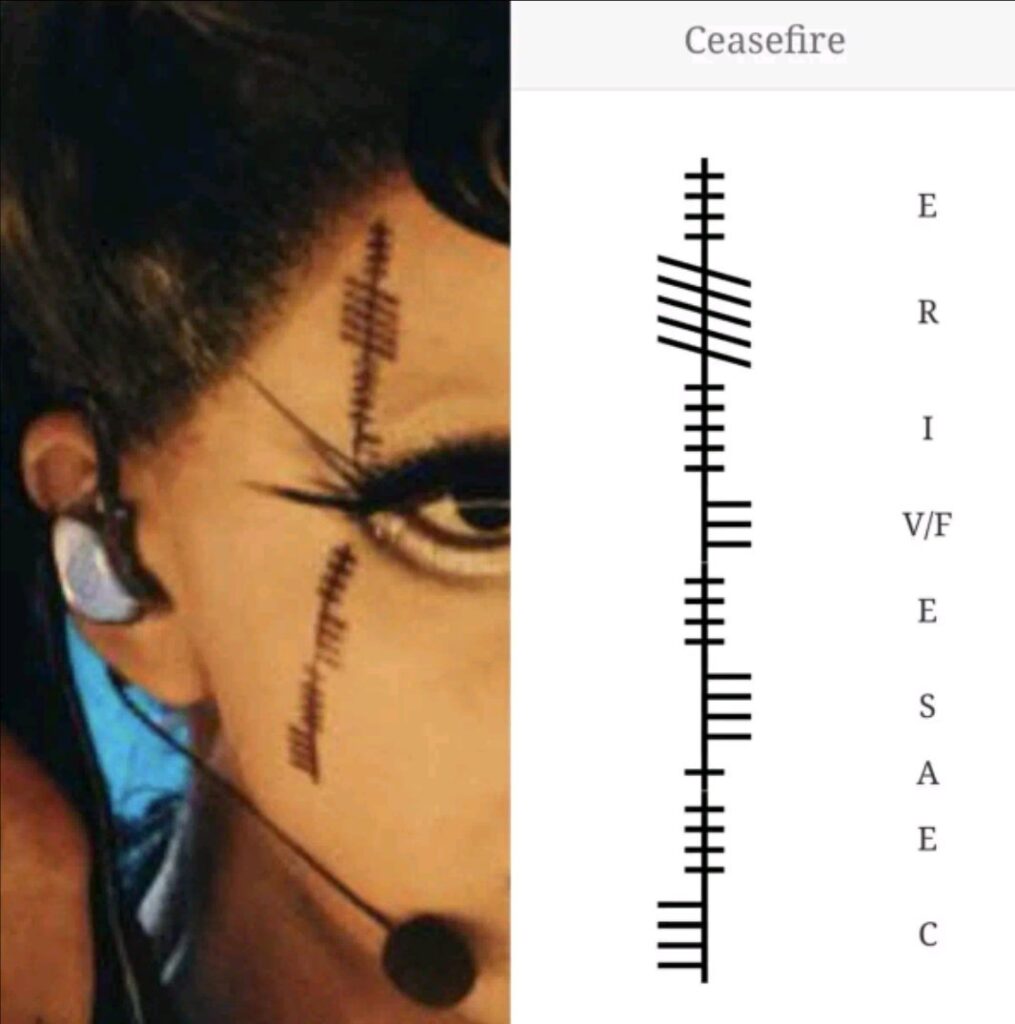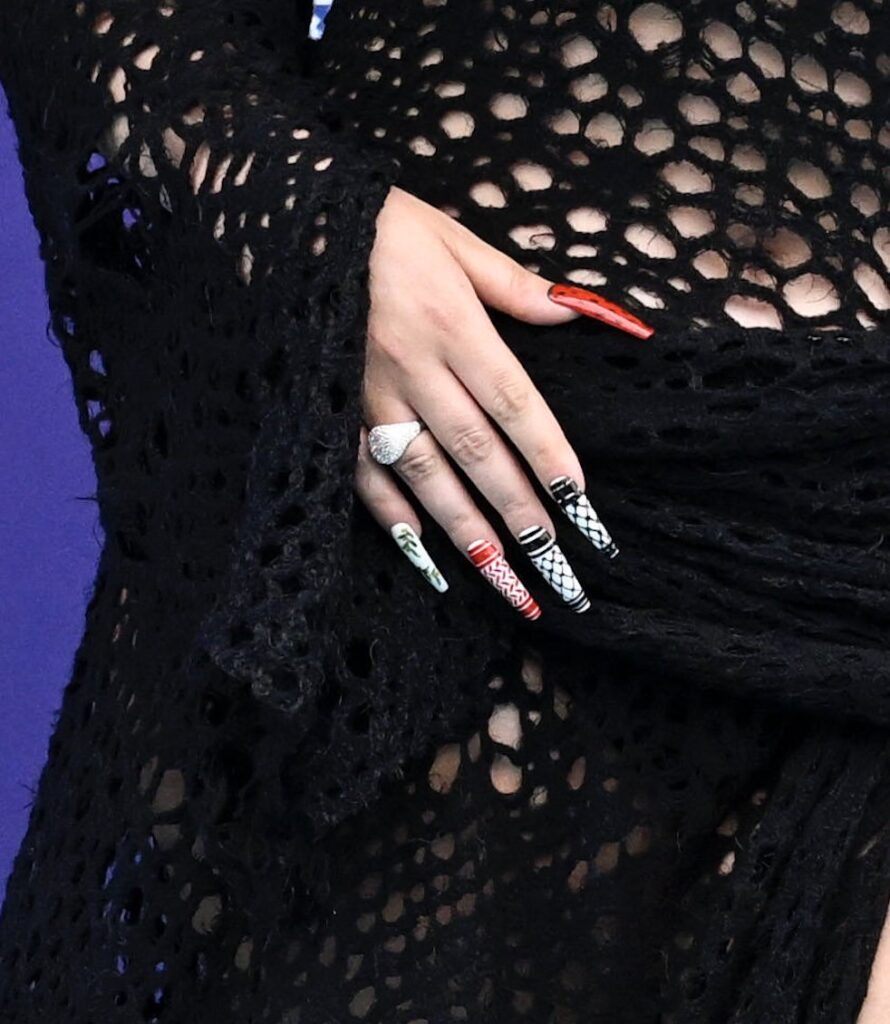
|
Getting your Trinity Audio player ready...
|
As we’ve told you a fair few times – and as every third post on social media insists – the 2024 Eurovision Song Contest wasn’t quite the smooth ride we’ve come to expect from the European Broadcasting Union (EBU).
Organisers faced significant backlash for the handling of various issues that arose during the contest.
Yesterday, an EBU statement to the Daily Mirror newspaper read: “We regret that some delegations at the ‘Eurovision Song Contest’ in Malmö didn’t respect the spirit of the rules and the competition both on-site and during their broadcasts. We spoke to a number of delegations during the event regarding various issues that were brought to our attention.”
Tensions backstage
 Several contestants reported a tense and unpleasant atmosphere backstage. Irish entrant Bambie Thug described the experience as “horrible” and criticised the EBU for not responding to multiple complaints. Speaking after the final, they told reporters (on a since deleted TikTok): “I just want to say, we are what Eurovision is. The EBU is not what Eurovision is. Fuck the EBU. I don’t even care any more. Fuck them.”
Several contestants reported a tense and unpleasant atmosphere backstage. Irish entrant Bambie Thug described the experience as “horrible” and criticised the EBU for not responding to multiple complaints. Speaking after the final, they told reporters (on a since deleted TikTok): “I just want to say, we are what Eurovision is. The EBU is not what Eurovision is. Fuck the EBU. I don’t even care any more. Fuck them.”
Lithuanian singer Silvester Belt found it overwhelming to perform after the Israeli performer Eden Golan had faced a hostile crowd, adding he wished his Eurovision experience had ended on the high of qualifying from the semifinal. Belt described the experience as “traumatic” and lamented the lack of support from the organisers.
 Portugal’s broadcaster RTP lodged a complaint after a delay in posting their contestant’s performance on YouTube, which the EBU attributed to the contestant’s political statement through nail art. The Portuguese singer also wore a dress by the Palestinian brand Trashy Clothing during her final performance.
Portugal’s broadcaster RTP lodged a complaint after a delay in posting their contestant’s performance on YouTube, which the EBU attributed to the contestant’s political statement through nail art. The Portuguese singer also wore a dress by the Palestinian brand Trashy Clothing during her final performance.
Italy’s Angelina Mango described the atmosphere as “tense” and “unpleasant”. She shared her disappointment with how the event was managed behind the scenes, highlighting a lack of coordination and communication among the delegations, which contributed to a feeling of unease. She felt the stress and tension backstage detracted from the joy of participating in such a renowned international event. Mango also alluded to the insufficient support from the event organizers, which compounded the challenges faced by the contestants.
Dutch participant Joost Klein was expelled from the competition hours before the grand finale, and is likely to be charged with making illegal threats, Swedish police said. Dutch broadcaster Avrotros, which sends acts to Eurovision, slammed the disqualification as “disproportionate”.
French entrant Slimane Nebch took the opportunity to call for peace during his rehearsal, telling the audience: “United by music, yes, but for love, for peace.”
Swiss winner Nemo in a press conference after the event added that “a lot of things” took place during the contest to make it seem as though it was not “all about love and unity”, which made them “really sad”. They suggested that “maybe Eurovision needs fixing a little bit”.
Time to reflect
Whilst appearing dismissive at first read, the EBU statement asks for time to reflect on events and consider how to learn from what took place.
“The EBU’s governing bodies will, together with the heads of delegations, review the events surrounding the ESC in Malmö to move forward in a positive way and to ensure the values of the event are respected by everyone.”
It added that individual cases will be discussed at a later date, leaving many feeling that immediate concerns are being sidelined.
And because it’s good to look forward to 2025, here’s what we know about next year.


